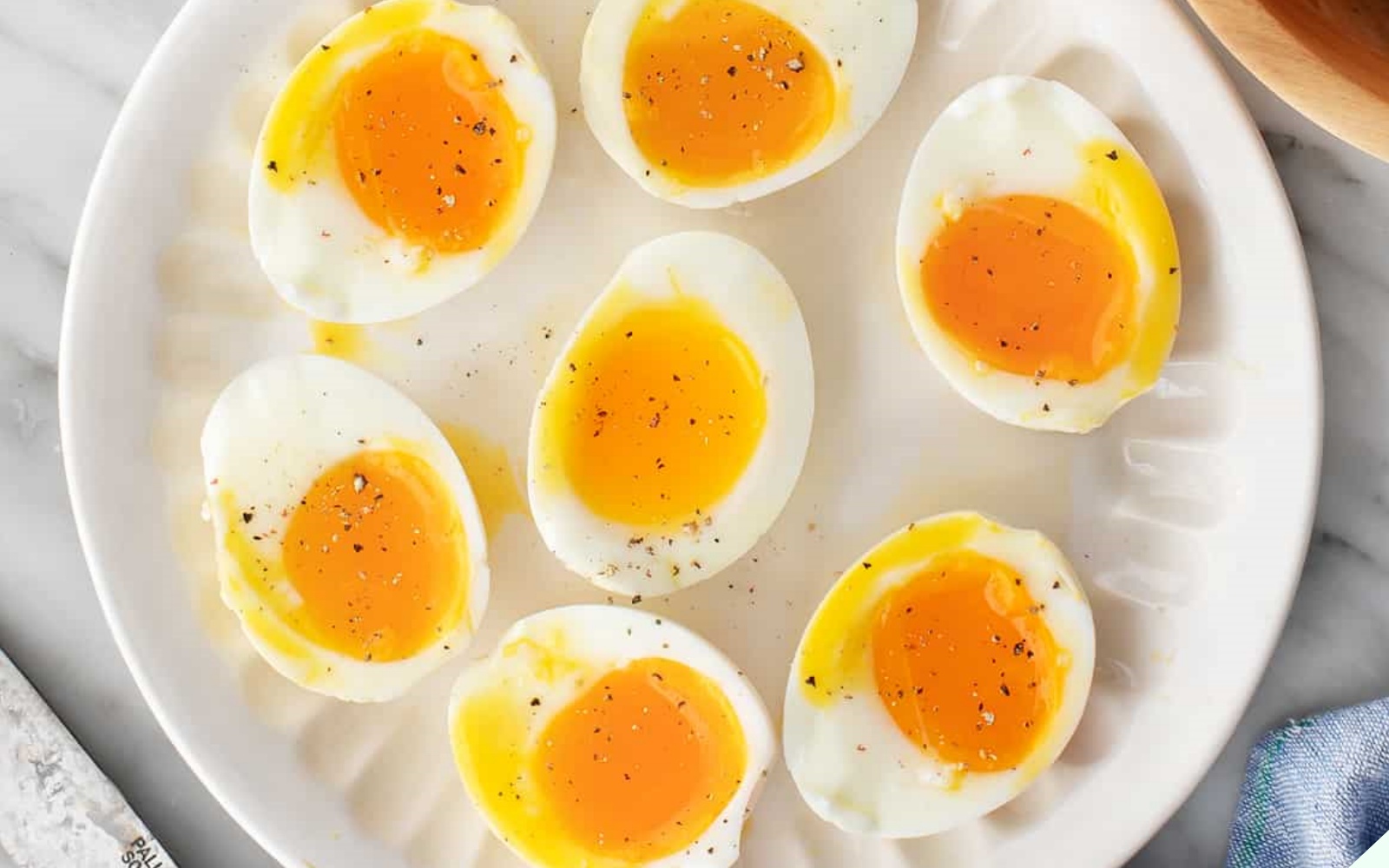
There are 3 common egg-boiling methods that you should avoid to prevent bacterial contamination and potential food poisoning.
1. Boiling Eggs in Already Boiling Water
It is a common practice to boil eggs in already boiling water. However, this is a significant mistake as it greatly reduces the quality of the eggs.
When eggs are placed in boiling water, the sudden change in temperature can cause the shells to crack. These cracks provide an entry point for bacteria, such as salmonella, to enter the egg and pose a health risk to the consumer.
That’s why experts recommend starting with cold water when boiling eggs. Besides preventing shell cracking, using cold water ensures that the eggs cook evenly, resulting in a softer and more flavorful outcome.
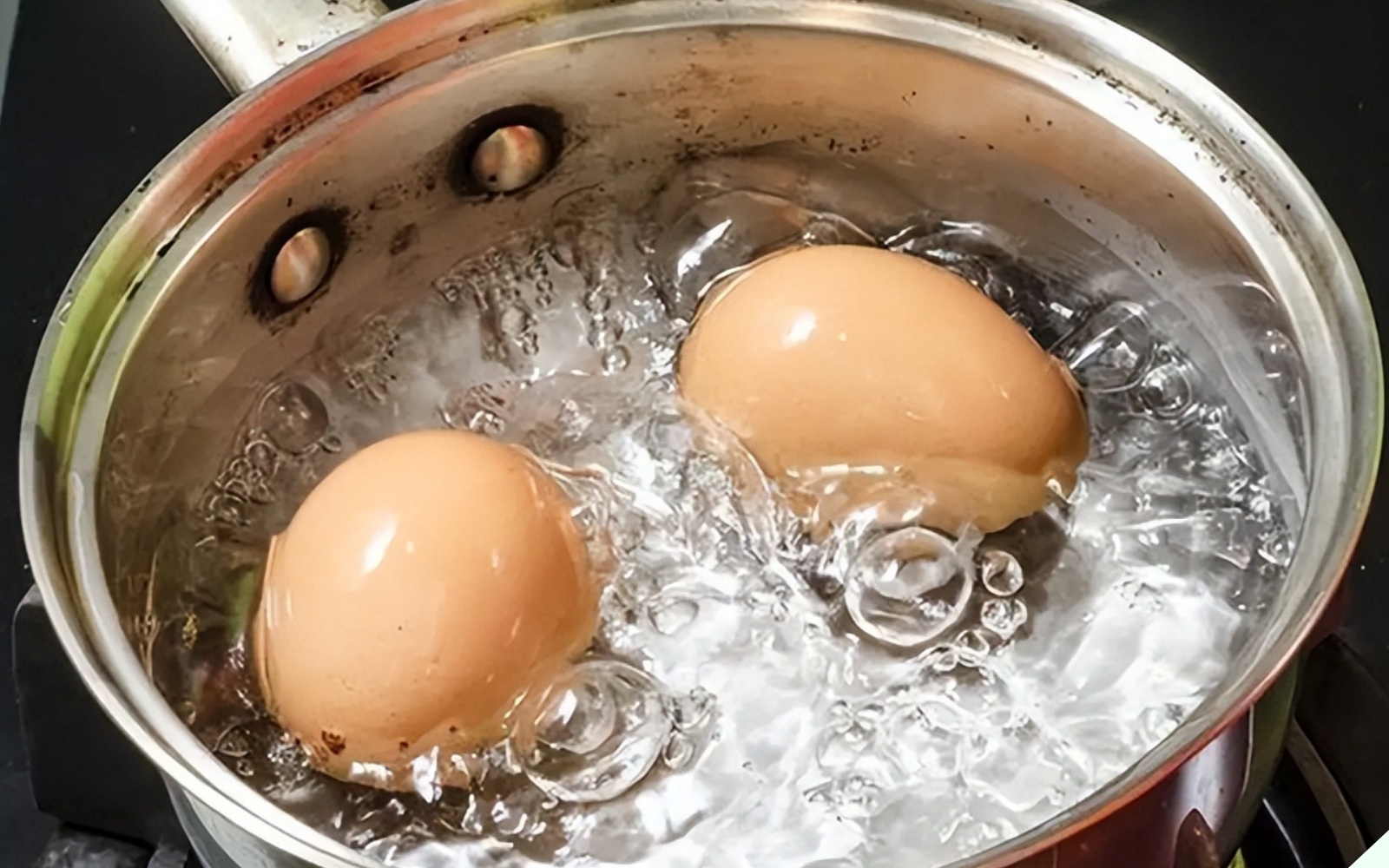
2. Over-Boiling Eggs
Some people believe that boiling eggs for a longer time makes them safer to eat. However, experts disagree and consider this practice a mistake due to the following reasons:
– Over-boiling can lead to the formation of iron sulfide, which produces an unpleasant odor and discolors the yolk.
– Prolonged boiling also reduces the nutritional value of the eggs. Research has shown that boiling eggs for an extended period leads to a decrease in vitamin content, especially vitamins E and B.
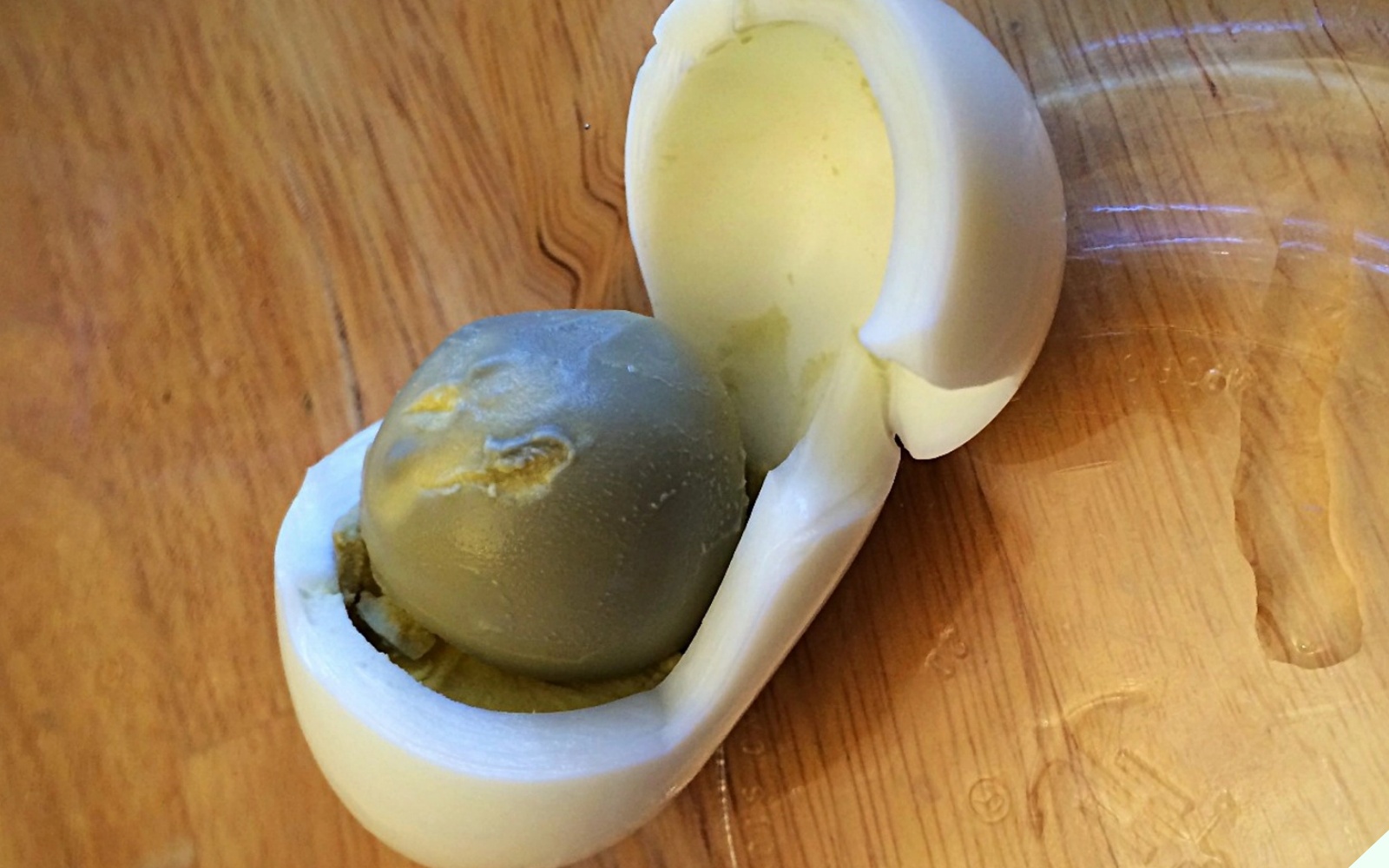
– Eggs contain high levels of linoleic acid, arachidonic acid, and DHA. When exposed to temperatures above 100 degrees Celsius, the oxidation process accelerates, increasing the risk of inflammation.
So, how long should you boil eggs? Here’s an ideal timeline:
– Boil the eggs over high heat for 5 minutes.
– Reduce the heat to low and continue boiling for an additional 3 minutes.
With this boiling time, the egg whites will be soft, and the yolks will be set but not overcooked.
3. Soft-Boiled Eggs
Soft-boiled eggs, with their runny yolks and creamy texture, are a favorite for many. However, this boiling method is not recommended as it can have adverse health effects.
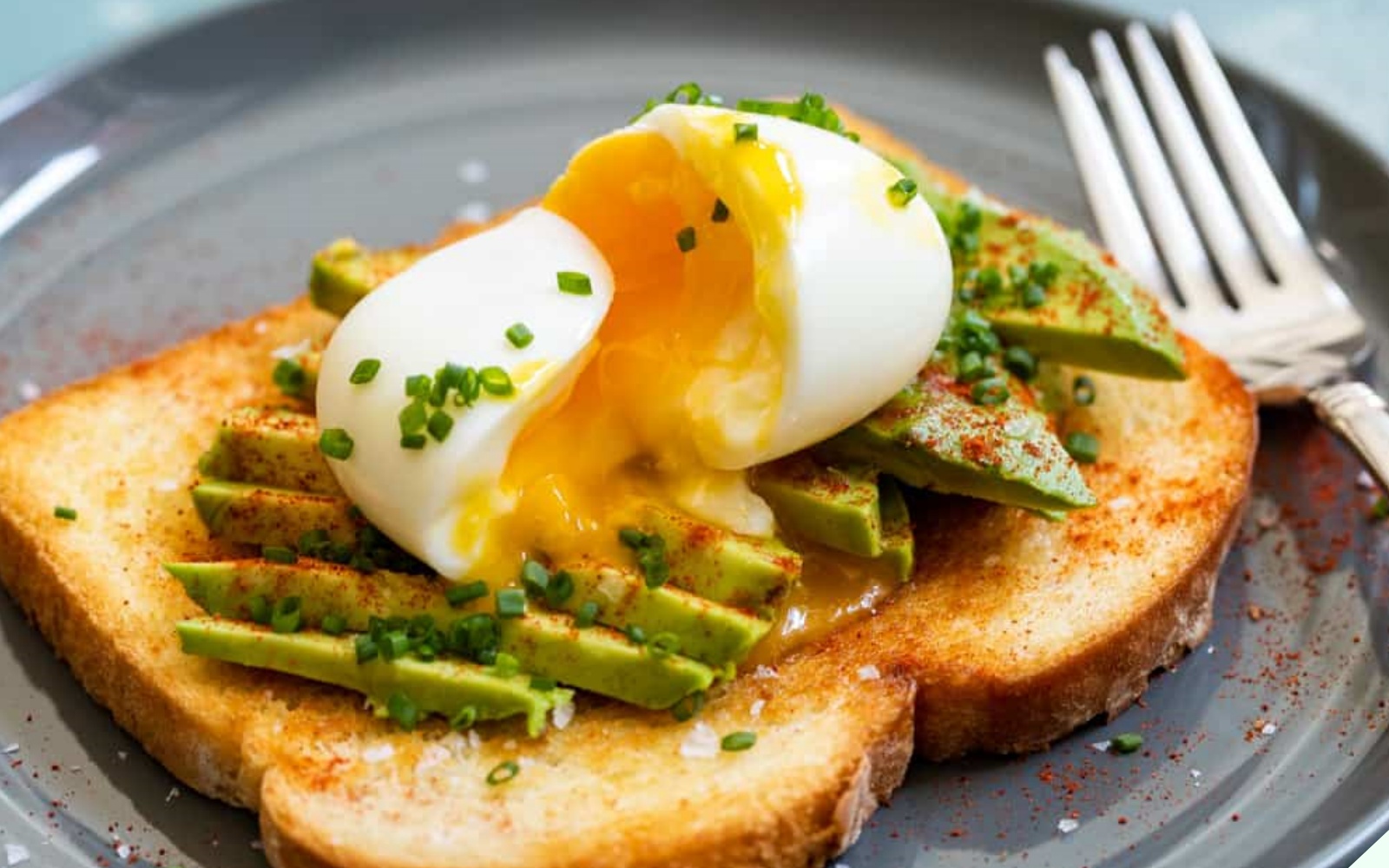
Research has shown that eggs are highly susceptible to bacterial contamination. At temperatures below 71 degrees Celsius, most bacteria are destroyed. However, soft-boiled eggs, with their undercooked yolks, can still harbor bacteria, leading to digestive issues and other health problems.
Tips for Boiling Eggs Without Cracking the Shells
In addition to boiling eggs safely, many people are interested in methods to prevent shell cracking. Here are a few tips from Bếp Eva:
Soak Eggs in Cold Water
Before boiling, soak the eggs in cold water for a while. This helps prevent shell cracking and makes the eggs easier to peel.
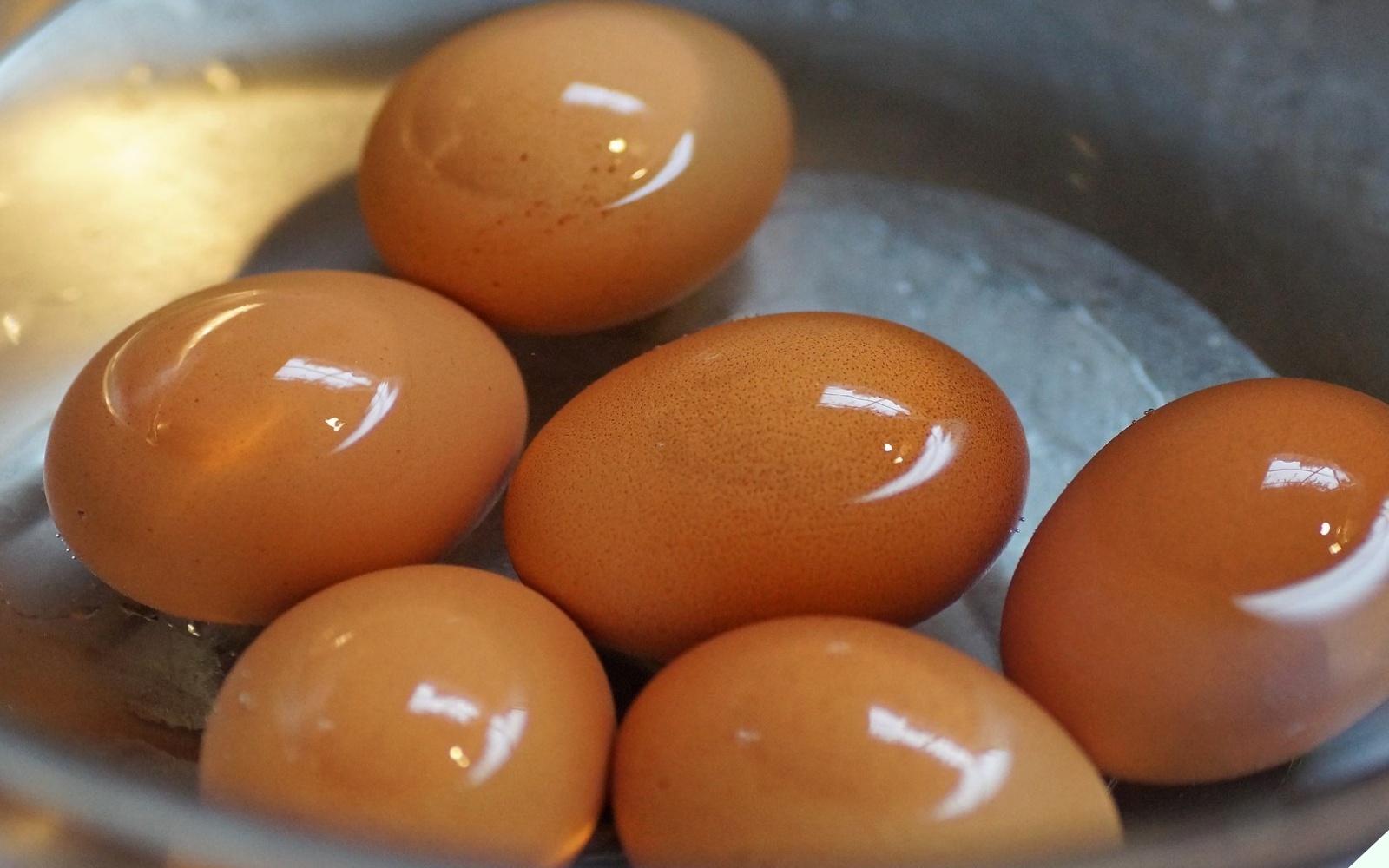
Adjust the Heat
Boil the eggs over medium heat to allow them to cook gradually and prevent shell cracking due to rapid expansion.
Prick the Egg Shells
Use a sewing needle to prick a small hole in the wider end of the egg. This end contains air, and by creating a small hole, you allow the air to escape slowly, reducing the pressure and preventing the shell from cracking.
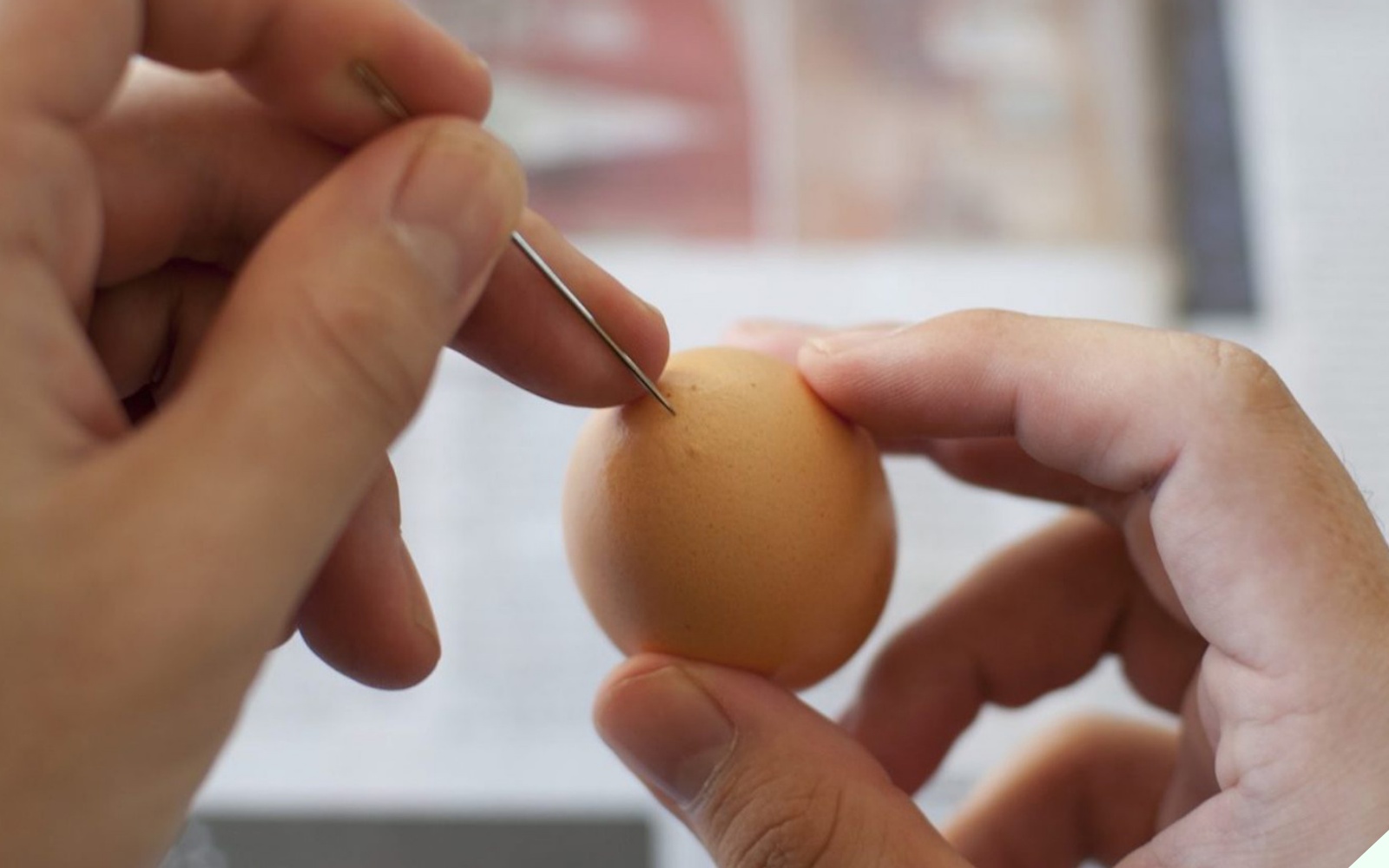
Add Salt and Vinegar
When boiling eggs, add a small amount of vinegar and salt to the water. Be careful not to add too much, as it can have adverse effects. The right amount of salt and vinegar will help prevent shell cracking and make the eggs easier to peel without sticking to the shell.
Check out this unique and delicious way to boil eggs:
Ingredients
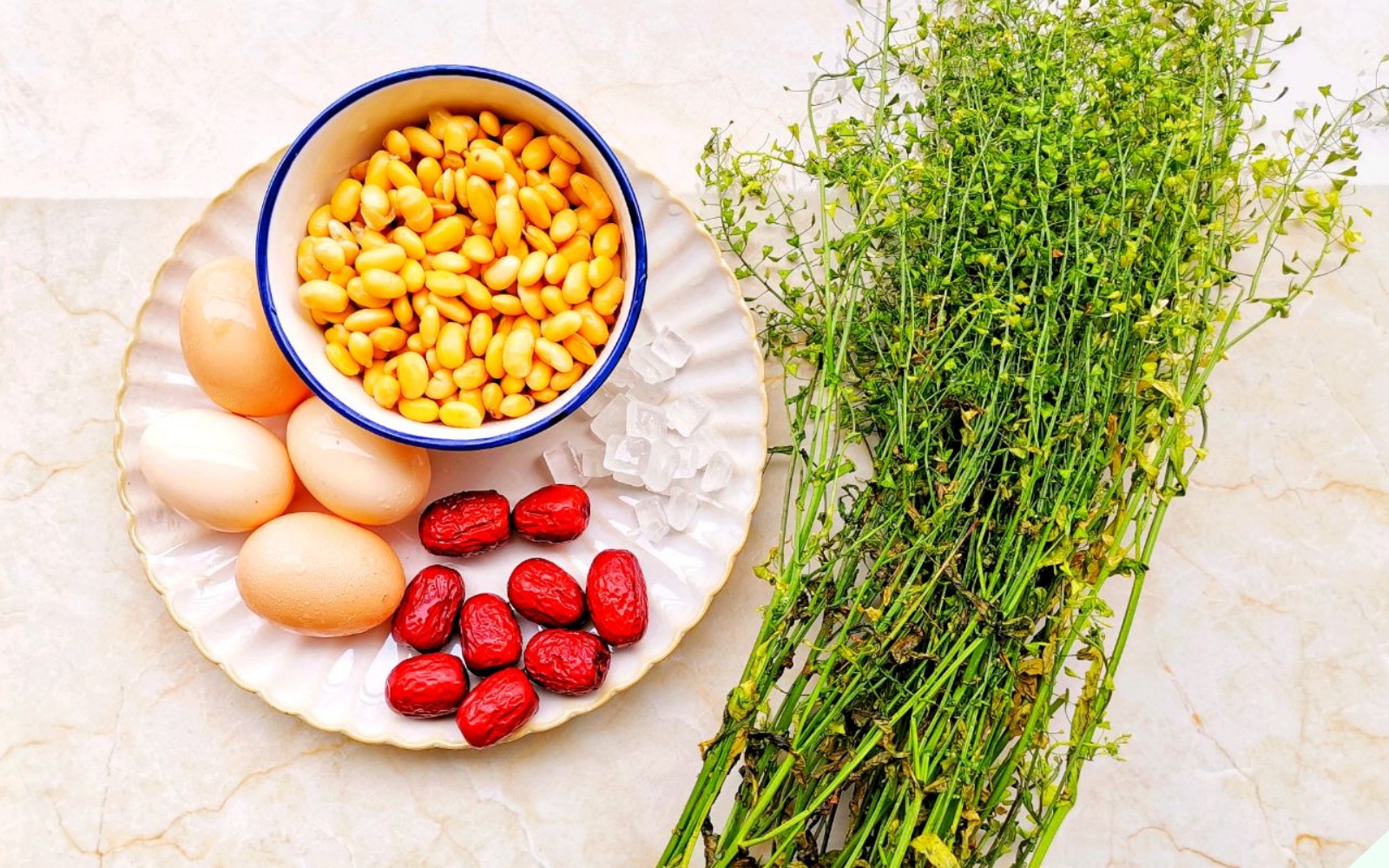
– Water spinach (Rau tần ô): 1 bunch
– Red dates (Táo đỏ): 50g
– Rock sugar (Đường phèn): 30g
– Chicken eggs: 4
– Soybeans (Đậu nành): 80g
Boiling Method
Step 1: Prepare the Ingredients
– Wash the chicken eggs thoroughly to remove any dirt or debris. Lightly tap the eggs with a spoon to create small cracks in the shell.
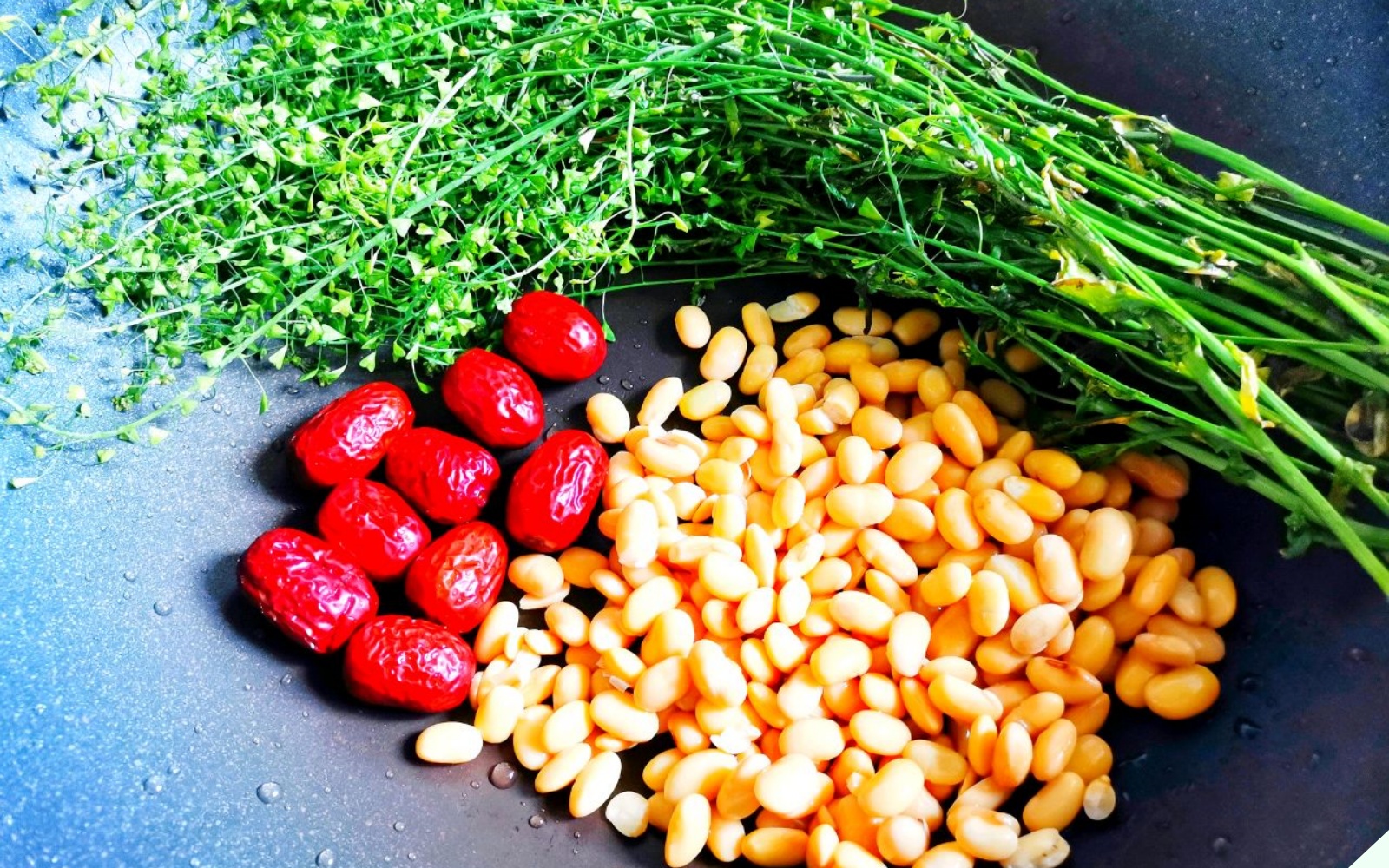
– Rinse the water spinach and set it aside to drain.
– Soak the soybeans overnight.
Step 2: Boil the Eggs
– Line the bottom of a pot with the water spinach, then add the red dates, soybeans, rock sugar, and eggs.
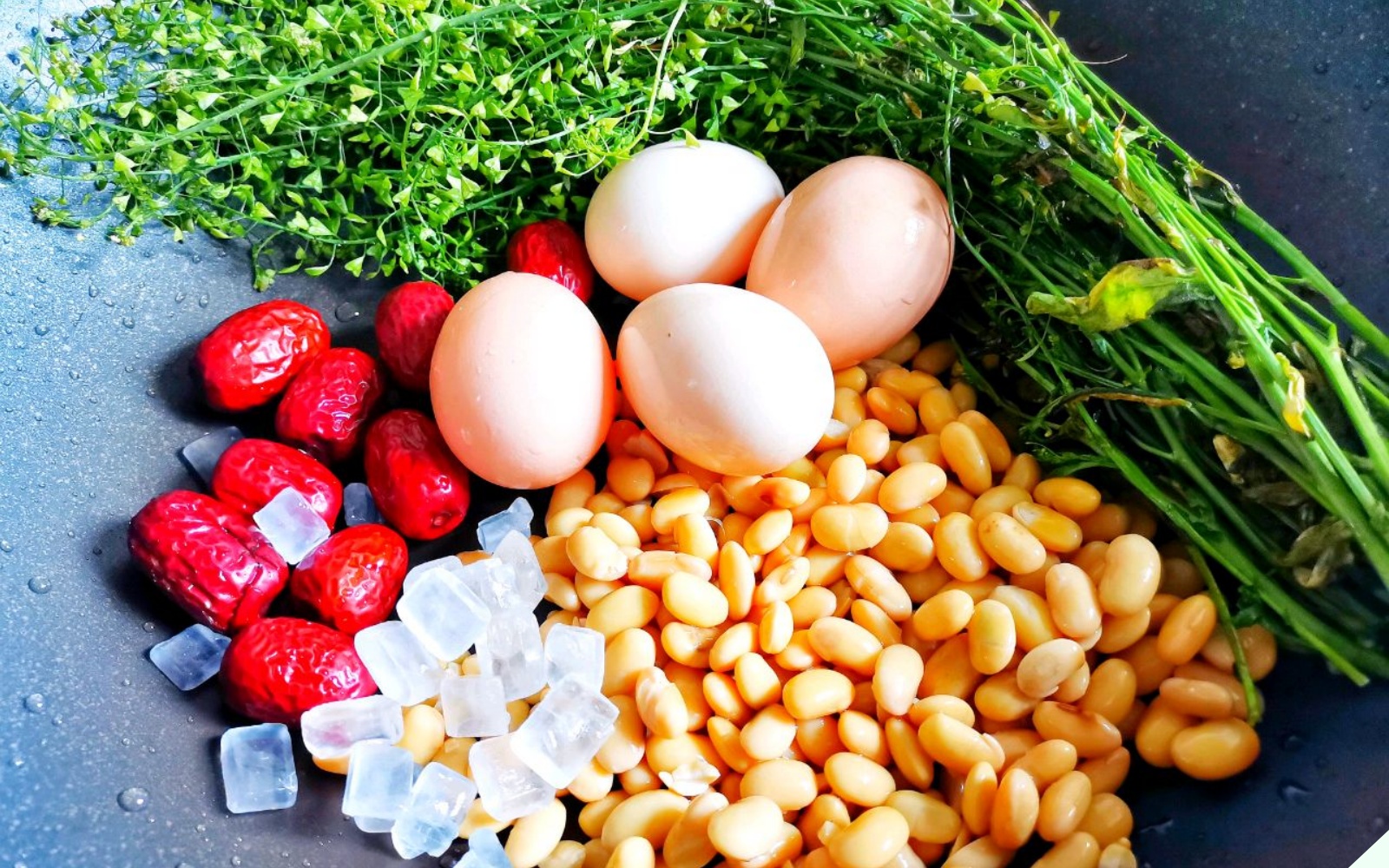
– Pour in just enough water to cover the eggs.
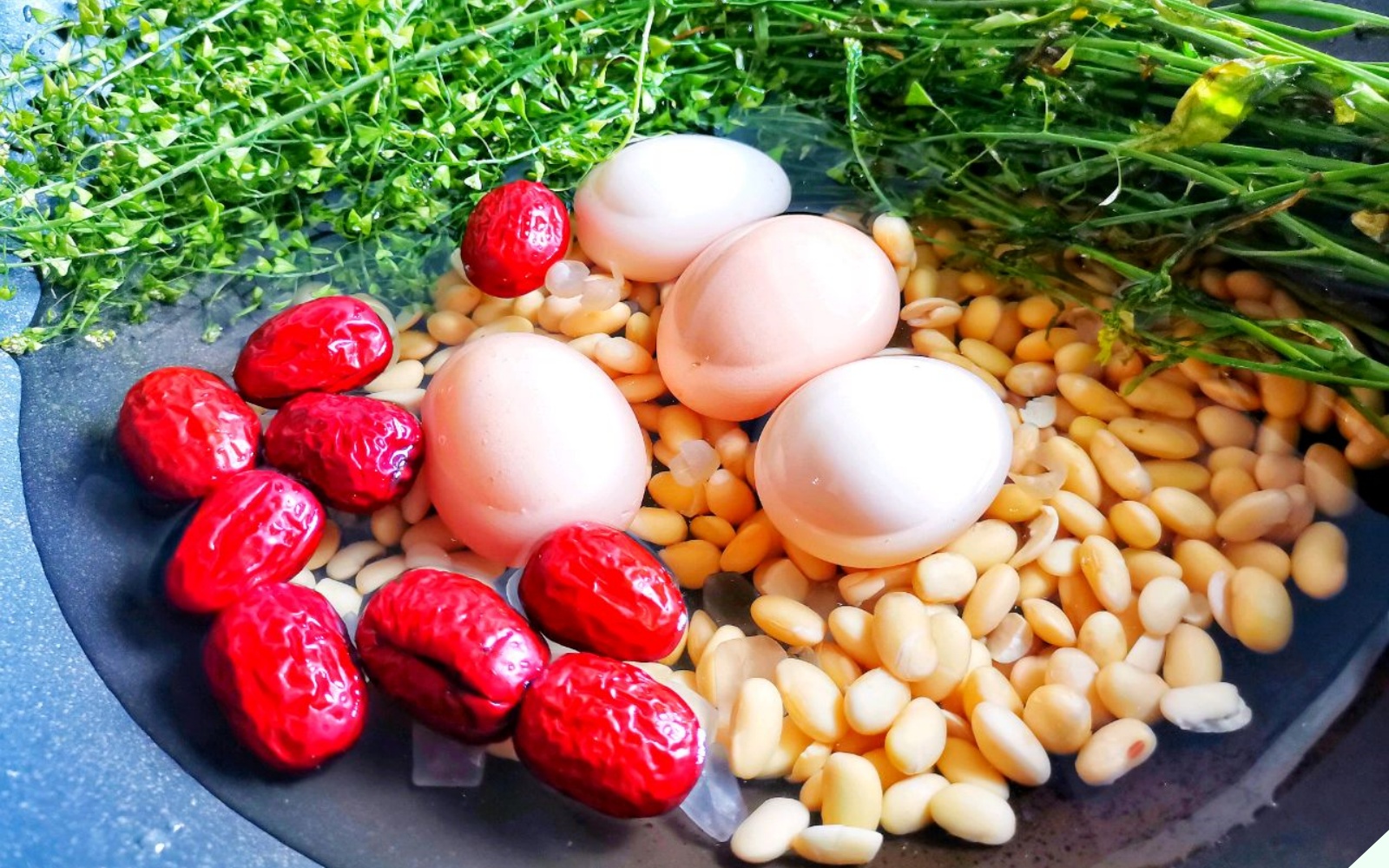
– Turn on the heat to high. Once the water boils, reduce the heat to low and simmer for 30 minutes.
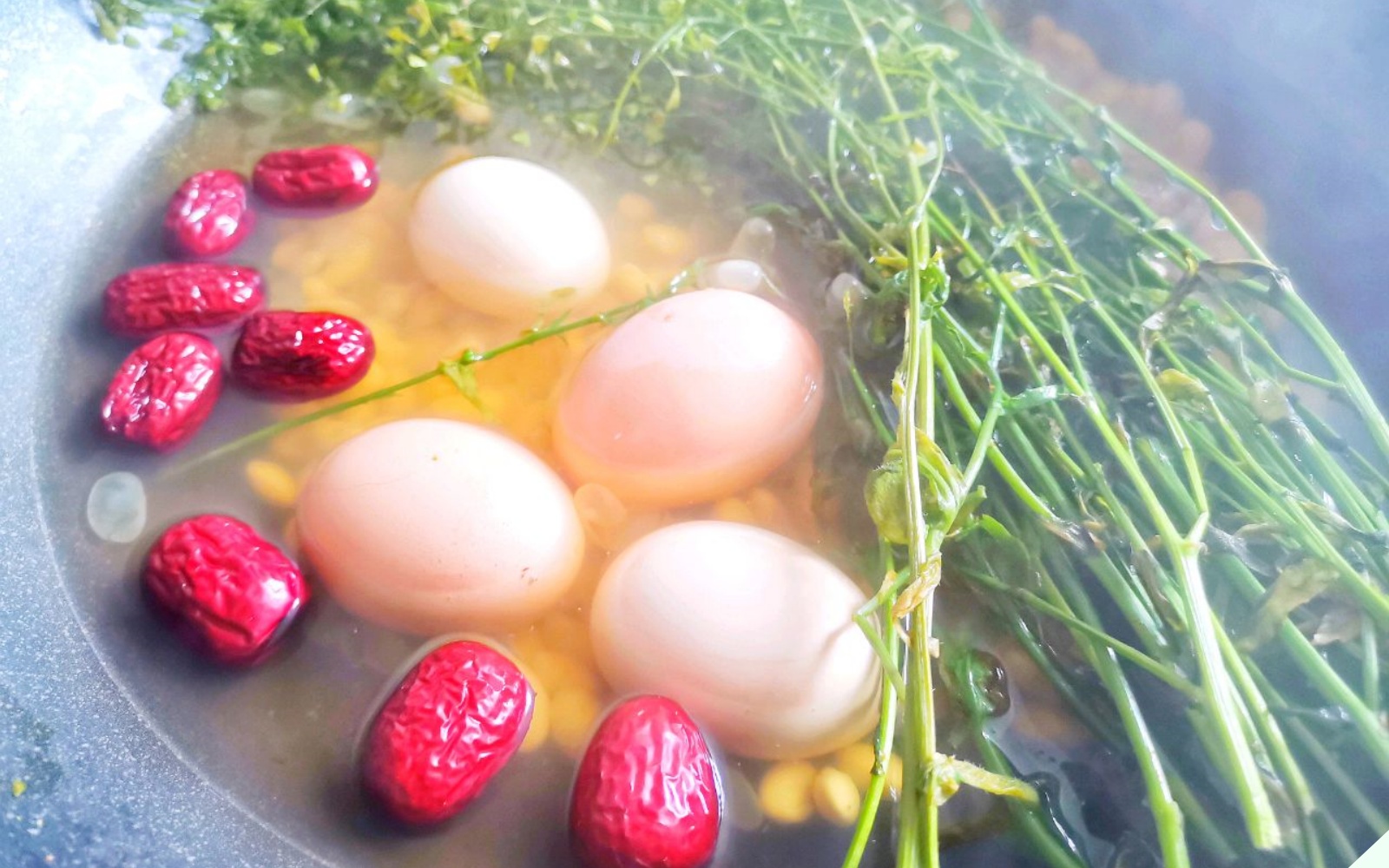
Step 3: Serve
– Remove the eggs and other ingredients from the pot and serve in a bowl.

– The eggs will have absorbed the flavors of the soybeans, red dates, and water spinach, resulting in a delicious and unique taste. The broth will be rich and flavorful, making it hard to stop eating.
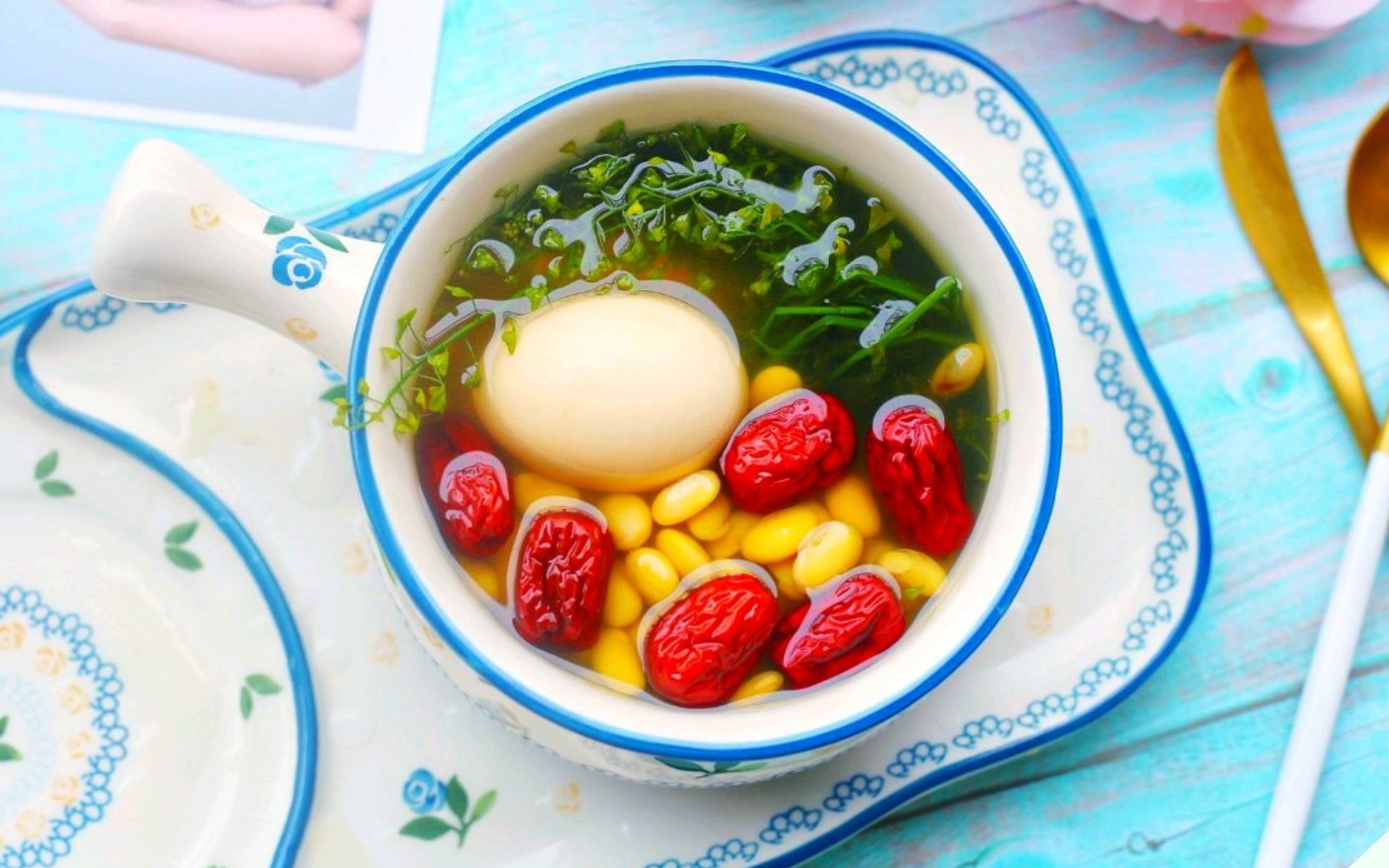
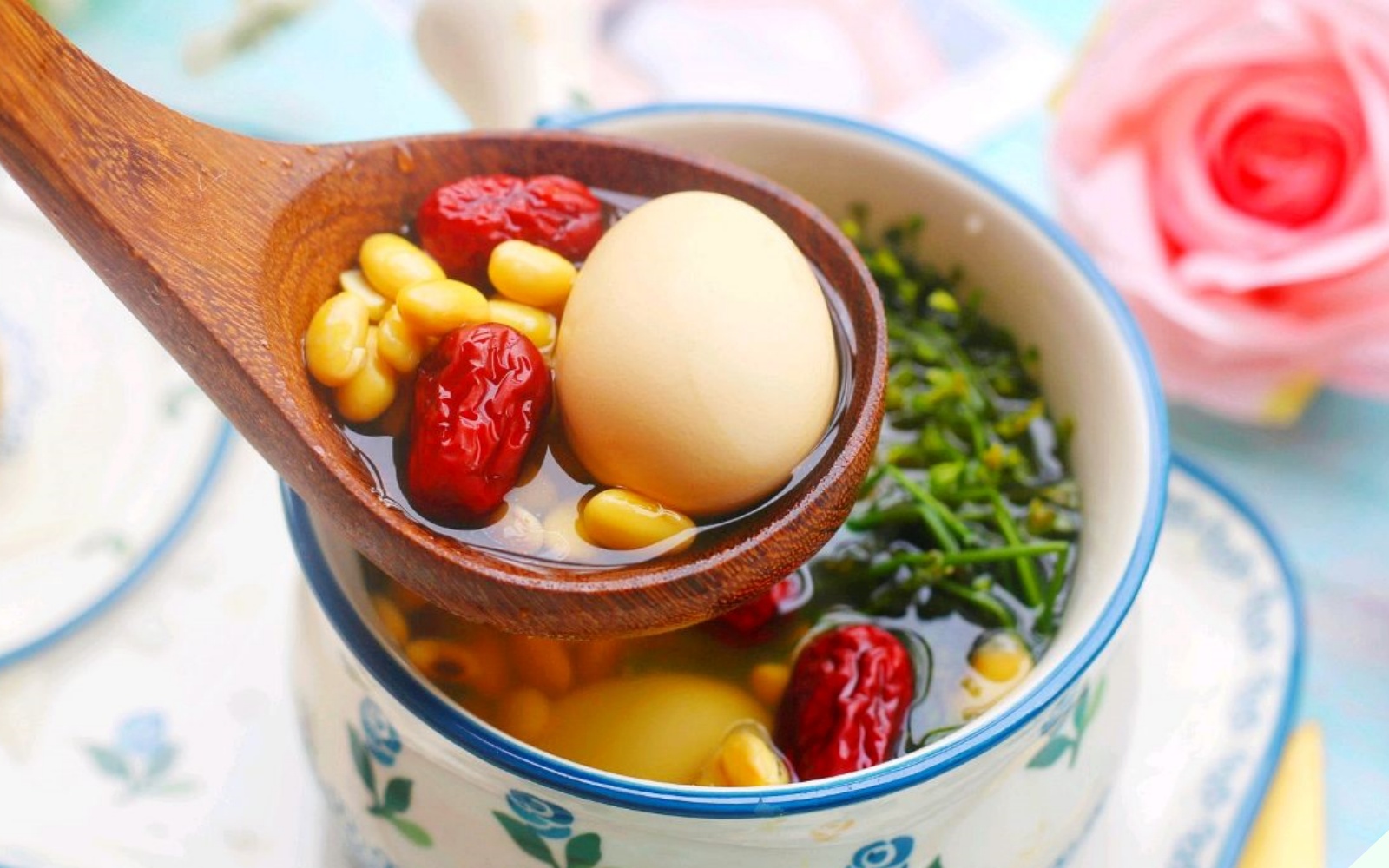
Not only is this dish delicious, but it also offers health benefits. It is believed to help prevent headaches, bone pain, and promote overall well-being.
“Two Frugal Vegetables That Taste Great but Feed Cancer Cells: A Tasty Treat with a Deadly Secret”
“It’s common for people to leave cooked vegetables out overnight and reheat them the next day. However, what they don’t realize is that this simple habit could be fueling the growth of cancer cells. This is because certain compounds in vegetables, when cooked and then left out, create an ideal environment for these cells to thrive. It’s crucial to be aware of these potential dangers and take the necessary precautions to protect your health.”





































